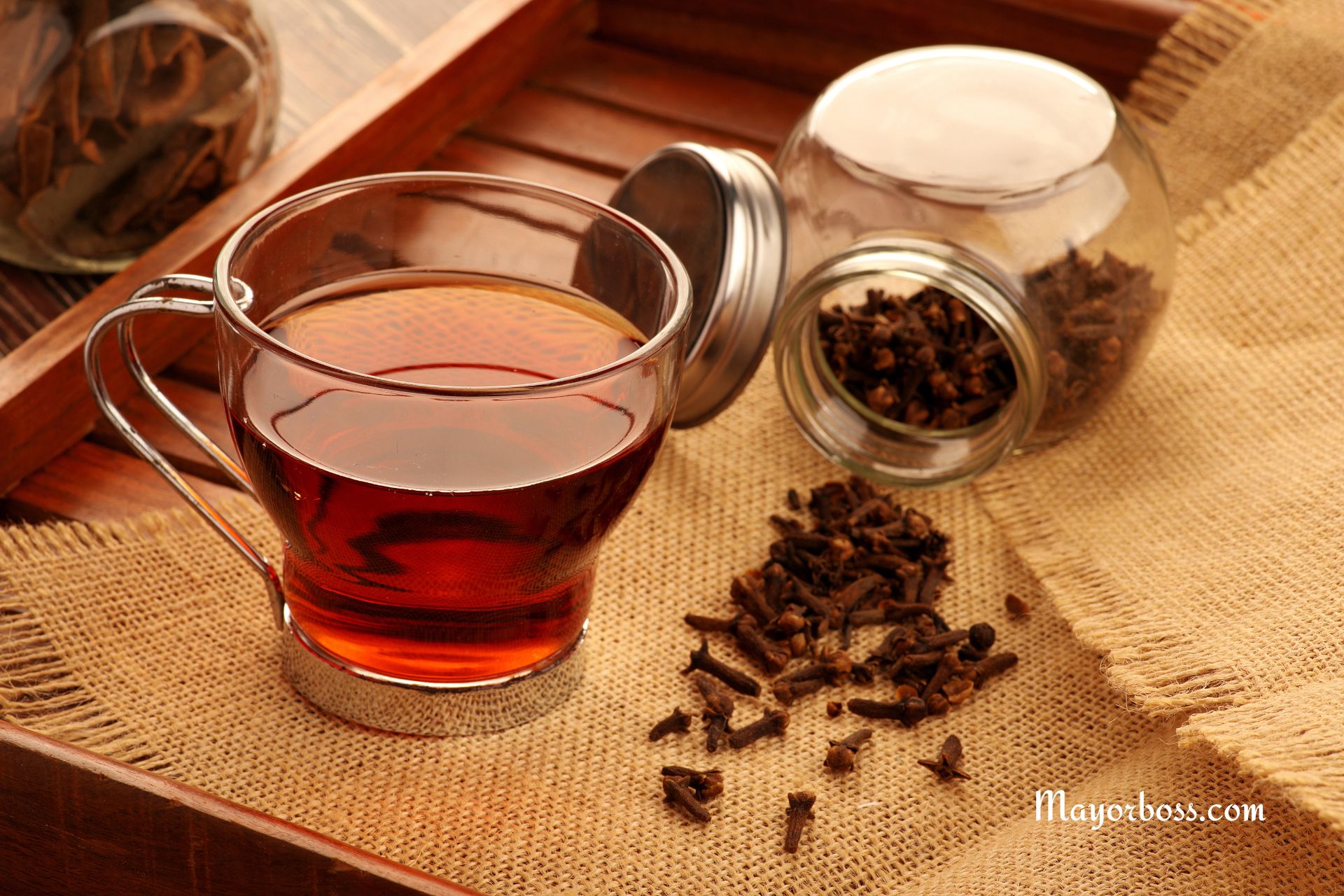What Drink is Best for Acid Reflux? Teas and Other Drinks to Try
We’ve all had it – that burning, uncomfortable feeling in the chest and throat known as heartburn. This is the most telltale sign of acid reflux, where stomach acid travels back up into your esophagus. It’s surprisingly common, and several lifestyle and dietary changes can help alleviate those annoying symptoms. One of these changes is being mindful of your beverage choices.

What Makes a Drink Good for Acid Reflux?
When choosing drinks to manage acid reflux, three main characteristics are key:
- Low acidity: Look for drinks with a neutral or higher pH level (alkaline). Highly acidic drinks can irritate your esophagus and worsen reflux symptoms.
- No carbonation: Bubbles in soda and other fizzy drinks put pressure on your stomach, encouraging acid to travel upwards.
- Low/no caffeine: Caffeine is a stimulant that relaxes the sphincter muscle between your esophagus and stomach, making it easier for stomach acid to escape back up.
Great Beverage Options for Acid Reflux
Let’s look at some of the best beverage categories for tackling acid reflux:
Herbal Teas
Herbal teas are naturally caffeine-free and offer a multitude of soothing benefits. Here are the stars for acid reflux management:
- Chamomile: Studies suggest chamomile’s anti-inflammatory properties reduce indigestion and stomach acid. It can also aid relaxation and better sleep, a bonus if your acid reflux keeps you up at night.
- Ginger: This root powerhouse acts as a natural anti-inflammatory and eases nausea, another common acid reflux symptom. Make a simple ginger tea with peeled, sliced ginger and hot water.
- Licorice: Licorice root (not the candy!) soothes mucous membranes, potentially protecting your esophagus from acid irritation. It’s important to moderate consumption to avoid blood pressure issues.
Plant-Based Milks
If you have lactose sensitivities, dairy products can irritate your digestive system. Plant-based milks offer neutral or alkaline alternatives:
- Almond milk: A low-fat option with a mildly sweet, nutty flavor.
- Oat milk: Naturally creamy and slightly sweet, with added fiber for digestive health.
- Flax milk: A nutty alternative, especially beneficial if you prefer plant milks lower in carbohydrates.
Other Safe Drinks for Acid Reflux
These beverages have varying properties that help neutralize or dilute stomach acid:
- Coconut water: Rich in electrolytes, promoting hydration and a healthy digestive system.
- Non-acidic juices: Carrot, beet, aloe vera, watermelon, spinach, cucumber, and pear are gentle choices. Avoid citrus-based juices as they are highly acidic.
- Plain water: This is always a superstar. Water dilutes stomach contents and helps move food through the digestive tract, lowering the risk of reflux.
FAQS
1. Are smoothies a good idea for acid reflux?
Smoothies can be helpful, but ingredient choice is crucial. Choose non-acidic fruits, plant-based milk, and perhaps a scoop of protein powder for staying power. Avoid citrus fruits, high-fat additions, and excessive sweeteners.
2. Can I drink coffee with acid reflux?
Sadly, coffee is notorious for triggering acid reflux. Decaf may be a bit gentler, but even decaffeinated varieties contain compounds that can increase stomach acid. If you love coffee, small amounts or switching to cold brew (which may be less acidic) are potential options to test your tolerance.
3. Is alcohol OK with acid reflux?
Alcohol relaxes the muscle that separates your stomach and esophagus and disrupts normal digestion. In addition, alcohol often leads to overeating, compounding the problem. Avoiding or strictly limiting alcohol is the wisest when battling reflux.
4. When is the best time to drink for acid reflux management? Water is a safe bet at any time. Avoid drinking any potential triggers close to bedtime.
Notes
- Pay attention to your body: Everyone experiences acid reflux differently. Keep a food diary to pinpoint drinks that cause trouble for you.
- Moderation is vital: Even beneficial drinks may pose problems if consumed in excess.
- Talk to your doctor: If frequent, severe acid reflux disrupts your quality of life, professional medical advice is essential.






